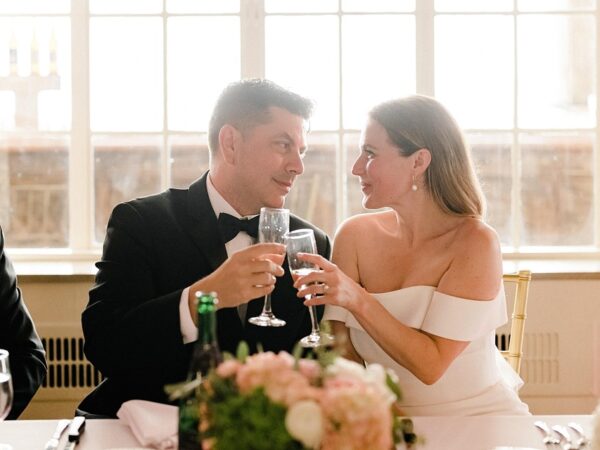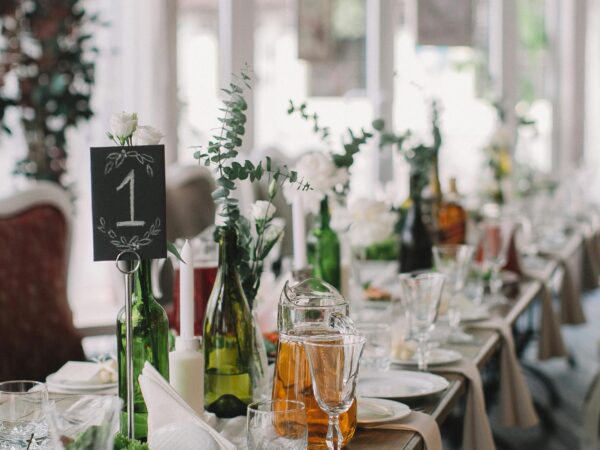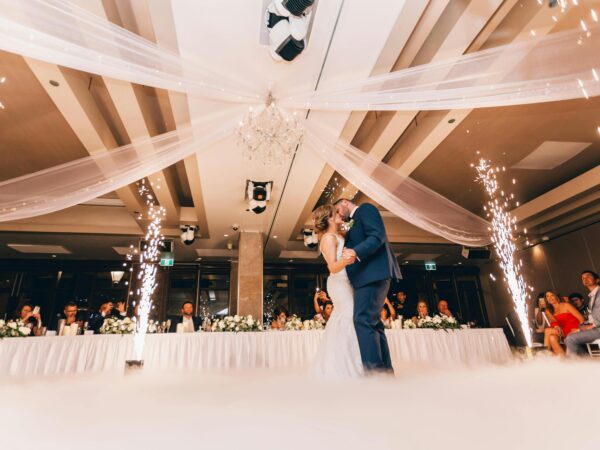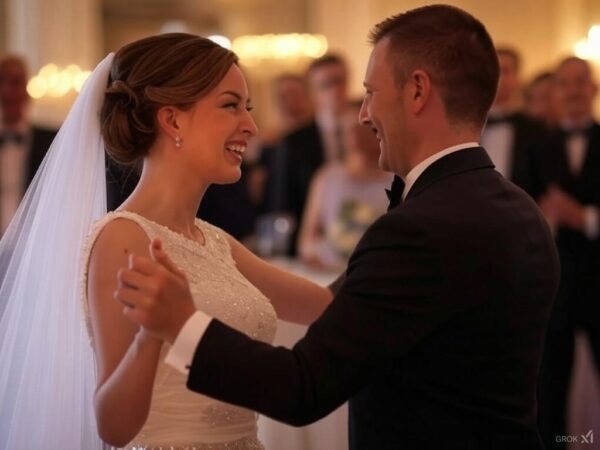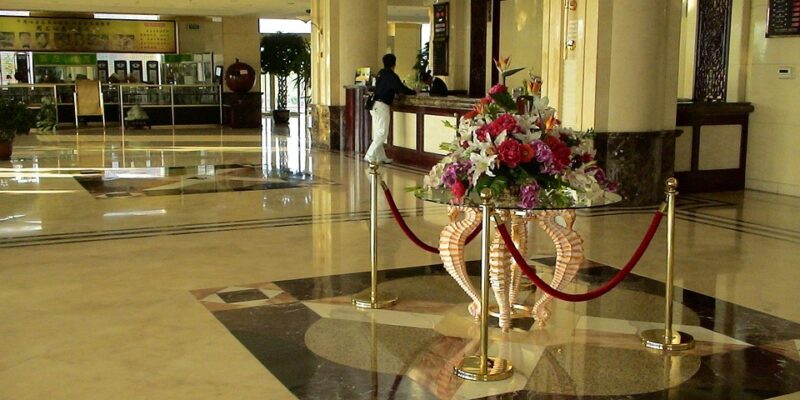
Mastering the Art of Reception Timeline Coordination: A Comprehensive Guide to Seamless Event Execution
Mastering the Art of Reception Timeline Coordination: A Comprehensive Guide to Seamless Event Execution
When it comes to planning a successful event, one of the key elements that can make or break the experience for attendees is the reception timeline coordination. Ensuring that everything runs smoothly and on schedule can be a daunting task, but with the right strategies and tools in place, you can master the art of reception timeline coordination and execute a flawless event.
Why is Reception Timeline Coordination Important?
Reception timeline coordination is crucial for a number of reasons. First and foremost, it helps ensure that all aspects of the event run smoothly and on schedule. This includes everything from the arrival of guests to the start of speeches and presentations, to the timing of meals and entertainment.
Having a well-coordinated reception timeline also helps to create a sense of order and organization for attendees. When guests know what to expect and when to expect it, they are more likely to have a positive experience and enjoy the event. On the other hand, a poorly coordinated timeline can lead to confusion, delays, and frustration among attendees.
Key Steps for Mastering Reception Timeline Coordination
1. Start Early
One of the most important steps in mastering reception timeline coordination is to start planning early. As soon as you have a date and venue secured for your event, begin working on the timeline. This will give you plenty of time to make adjustments and revisions as needed, and ensure that everything is in place well before the event date.
2. Identify Key Milestones
Next, identify the key milestones and events that will be taking place during the reception. This could include the arrival of guests, cocktail hour, speeches, dinner service, and entertainment. Once you have a clear picture of what needs to happen, you can start to build out a detailed timeline.
3. Allocate Time Appropriately
When creating your reception timeline, it’s important to allocate the right amount of time for each event. Be realistic about how long each activity will take, and build in some buffer time for unexpected delays. It’s better to have a little extra time than to be running behind schedule.
4. Communicate with Vendors and Staff
Effective communication is key to successful reception timeline coordination. Make sure to communicate your timeline to all vendors and staff members involved in the event, including caterers, DJs, and event coordinators. This will help ensure that everyone is on the same page and working towards the same goals.
5. Rehearse and Review
Once you have a finalized timeline in place, take the time to rehearse and review it with your team. Walk through the timeline step by step, making sure that everyone knows their roles and responsibilities. This will help to iron out any potential issues and ensure that everything runs smoothly on the day of the event.
Common Questions About Reception Timeline Coordination
1. What should I do if there are unexpected delays during the event?
Unexpected delays can happen, no matter how well you’ve planned your reception timeline. If you encounter a delay, it’s important to stay calm and flexible. Communicate with your team and vendors to come up with a solution, whether it’s adjusting the timeline or cutting out certain activities to make up for lost time.
2. How can I ensure that guests are aware of the timeline?
One way to ensure that guests are aware of the timeline is to include it in your event invitations or programs. You can also have a designated timeline display at the event venue, so that guests can easily see what’s happening when. Additionally, consider having a designated emcee or host who can announce key events and keep guests informed throughout the reception.
3. What tools can I use to help with reception timeline coordination?
There are a number of tools available to help with reception timeline coordination, including event planning software, timeline templates, and scheduling apps. These tools can help you create and manage your timeline, track progress, and communicate with your team and vendors. Consider using a combination of tools to help streamline the coordination process and ensure a successful event.
Conclusion
Mastering reception timeline coordination is essential for executing a successful event. By starting early, identifying key milestones, allocating time appropriately, communicating effectively, and rehearsing and reviewing your timeline, you can ensure that everything runs smoothly and on schedule. By following these key steps and addressing common questions, you can create a seamless event experience for both attendees and organizers.
Remember, reception timeline coordination is an ongoing process, so be prepared to make adjustments and revisions as needed. With the right strategies and tools in place, you can master the art of reception timeline coordination and execute flawless events time and time again.


